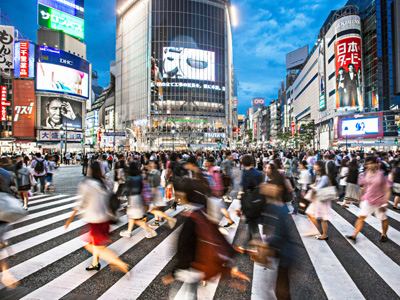
Case Study Japan (Industry) 02
Test yourself in this KS3 Geography quiz on Japan. Japan is one of the biggest producers of cars in the world. It has a huge industrial capacity and is also home to some of the largest, leading and most technologically advanced producers of motor vehicles, electronic equipment and machine tools. Many of the electronic devices that you use every day are made by Japanese companies.
But all of this industry requires energy to power the machines. A lot of the energy used is electrical. Electricity is easy to transport from the power stations to factories and offices. During the 1960s, the Japanese government invested heavily in nuclear power stations. They were importing a lot of oil from the Middle East as well as coal from other places. Generating electricity from nuclear fuel is more efficient than from fossil fuels and doesn't put CO2 into the air or cause acid rain. They had built lots of hydro-electric power stations but all the best places had already been used so nuclear was the ideal option to reduce imports. But since the big earthquake and tsunami in 2011 badly damaged a nuclear power station and released radiation into the environment, a lot of Japanese are now against this form of energy.
Ready for more?
not all...
quizzers. Try to win a coveted spot on our Hall of Fame Page.







